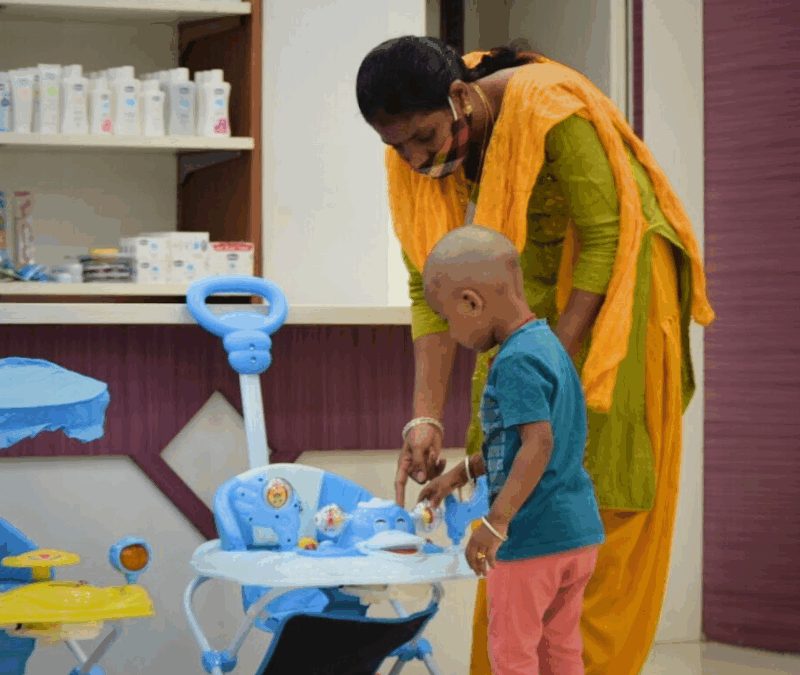The Essential Guide to Child Care: Nurturing the Future, One Child at a Time
Child care is more than just a necessity for working parents — it’s a vital foundation for a child’s early development. The first few years of life are crucial for cognitive, emotional, and social growth, and the right child care environment can significantly impact a child’s future.
In this blog post, we’ll explore the importance of child care, the types available, what to look for in a provider, and tips for parents navigating this journey.
Why Child Care Matters
Child care plays a fundamental role in shaping a child’s behavior, values, and learning capacity. Here are some key benefits:
-
Early Learning Opportunities: Structured child care centers often introduce children to basic literacy, numeracy, and communication skills.
-
Social Development: Interacting with peers helps children learn cooperation, empathy, and conflict resolution.
-
Emotional Support: Trusted caregivers offer children a sense of security and consistency.
-
Support for Parents: Reliable child care allows parents to pursue work, education, or other commitments with peace of mind.
Types of Child Care
There’s no one-size-fits-all solution, but understanding your options can help you make an informed decision:
-
In-Home Care
Includes nannies or babysitters who care for your child in your home. This offers personalized attention and convenience but may be more expensive. -
Family Child Care
A small group of children cared for in the provider’s home. Often more affordable, with a home-like setting. -
Daycare Centers
Structured programs in dedicated facilities. They provide a mix of education, play, and care, often with multiple staff members and regulated curriculum. -
Preschools
Focus more on early education than regular day care, suitable for children aged 3–5. -
Relative Care
Care provided by a family member, which may offer a high level of trust and cultural alignment.
What to Look for in a Child Care Provider
When choosing child care, prioritize the following factors:
-
Safety and Cleanliness
Ensure the environment is secure, hygienic, and child-proofed. -
Qualified and Caring Staff
Look for certified caregivers with experience and a nurturing attitude. -
Age-Appropriate Activities
The provider should offer stimulating and developmentally appropriate play and learning. -
Open Communication
Regular updates, reports, and the ability to ask questions foster trust. -
Positive Reviews
Word-of-mouth recommendations and online reviews are often reliable indicators.
Tips for a Smooth Transition
Starting child care is a big step. Here are a few tips to make it easier:
-
Start Slow: If possible, ease into the routine with short visits.
-
Communicate: Talk to your child about what to expect and reassure them.
-
Stay Consistent: Create a drop-off routine to build comfort and predictability.
-
Trust the Process: It’s normal for children to take time to adjust.
Final Thoughts
Choosing child care is a deeply personal decision, and what works for one family may not work for another. The goal is to find an environment where your child feels safe, happy, and inspired to grow.
Investing time in selecting the right child care now will reap lifelong benefits for your child and your family. After all, child care is not just about supervision — it’s about nurturing tomorrow’s thinkers, leaders, and citizens.
Have thoughts or experiences to share about child care? Leave a comment below or reach out to us — we’d love to hear from you!

